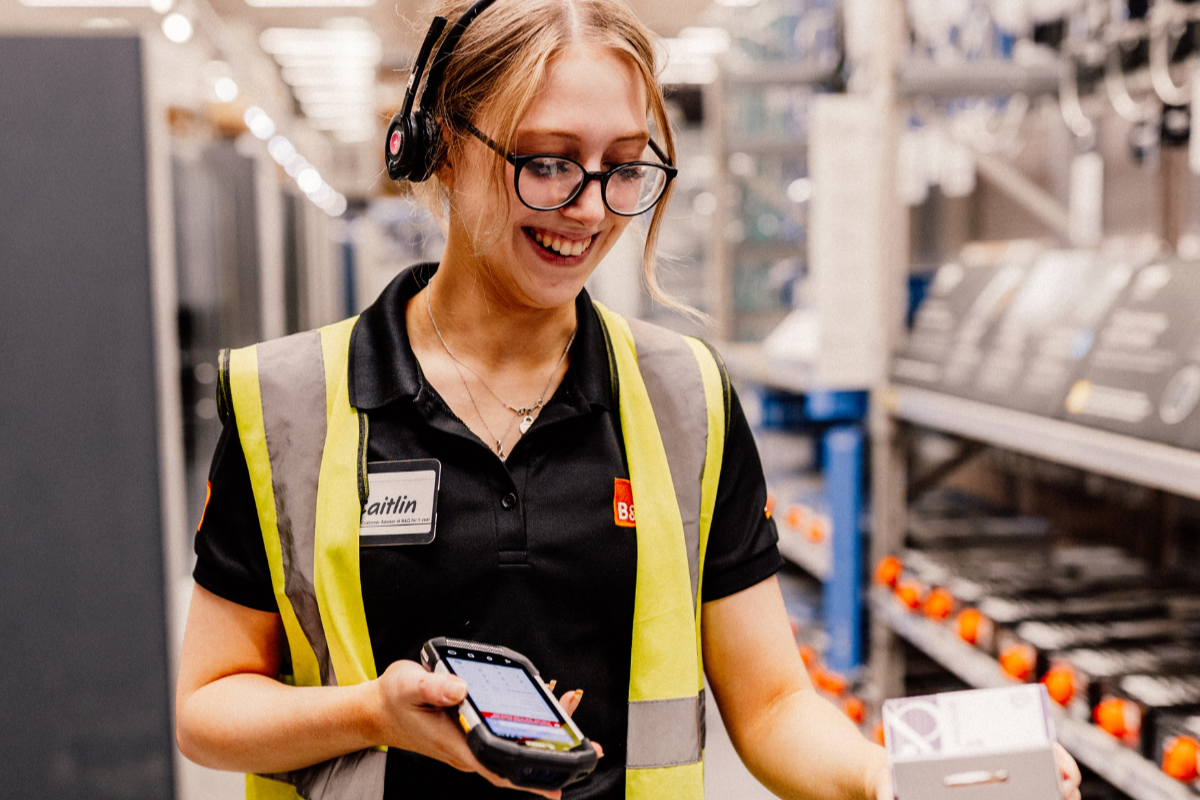Sainsbury’s has become the latest retailer to set out its sustainability ambitions, with an ambitious commitment to invest £1bn over 20 years in order to become a net zero business in its own operations by 2040. This would see it cut its carbon emissions from a current footprint of one million tonnes a year. Its target is 10 years ahead of the UK government’s own target and brings it into line with the goal of limiting global warming to 1.5°C.
The £1bn will be spent on a programme that will include changes including reducing carbon emissions, food waste, plastic packaging and its use of water. It wants to increase levels of recycling, biodiversity and health while encouraging healthy and sustainable eating.
It will work with the Carbon Trust to assess emissions and set targets for reductions that are based on science, and will also work with suppliers to set their own net zero commitments.
“Our commitment has always been to help customers live well for less, but we must recognise that living well now also means living sustainably,” said Mike Coupe, chief executive of Sainsbury’s.
“We have a duty to the communities we serve to continue to reduce the impact our business has on the environment and we are committing to reduce our own carbon emissions and become Net Zero by 2040, ten years ahead of the government’s own targets, because 2050 isn’t soon enough.”
What the supermarket has done so far
The retailer says that it has already reduced its carbon emissions by 35% over the past 15 years, while its business’ footprint has increased by more than 40%. It currently uses a billion litres less water a year than it did in 2005, achieved through measures including rainwater harvesting, now fitted as standard in new stores. It has used aerofoil technology in 1,400 stores to keep fridges cool while saving 15% of their energy. It is piloting deposit return schemes for plastic bottles in five stores, and it is working to remove single use plastic from its stores. It says it has sent no food to landfill since 2013, instead donating leftover foot to more than 2,000 food donation programmes. By the end of this year, it says, all of its stores will use 100% LED lighting.
Coupe said: “We invested £260 million in over 3,000 initiatives over the last decade, including the start of our LED lighting programme and refrigeration. Over the next 20 years we will invest a further £1 billion in programmes that will transform the way we do business and put environmental impact at the forefront of every decision we make.
“We recognise that we have a once in a lifetime opportunity to make the changes needed to help the planet exist sustainably. We have over 27 million customers each week and almost 180,000 colleagues and we hope that we can collaborate across industries and sectors to help create momentum and drive meaningful change. Only when the trajectory for global warming slows to a maximum of 1.5 degrees will we all know that we can truly live well for less now and in the future.”
Reaction
Claire O’Neill, president designate of the COP26 United Nations climate meeting set to take place in Glasgow later this year, said: “It’s fantastic to see Sainsbury’s committing to hitting net zero by 2040. It’s vital that big organisations recognise the responsibility they have in curbing emissions.
“Today’s announcement is an outstanding example that being green shouldn’t be a barrier to success.”
Hugh Jones, MD advisory services of the Carbon Trust, said: “The Carbon Trust has worked with Sainsbury’s to set science-based targets for its own operations and is now working to extend these targets to the value chain. Sainsbury’s goal to get to Net Zero by 2040 is ambitious and will help raise the bar for the sector.”
Sainsbury’s announcement comes soon after Asda unveiled its test-and-learn store for plastic-free selling, and after Tesco last week said it would remove all plastic from its multipacks of tinned vegetables.
Image courtesy of Sainsbury’s









